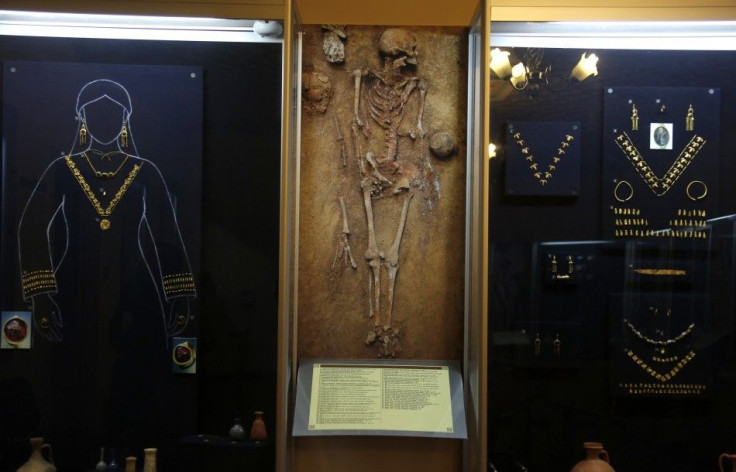Evolution Made Human Bones Lighter In Weight

Recent archaeological studies have revealed that human bones are lighter in weight and density when compared to early homo sapiens, Australopithecus africanus, Neandertals and chimpanzees. The Proceedings of the National Academy of Science has published online two studies that explore the reasons behind the change in human bone structure.
The hand bones of each of the species was examined in a CT scan to ascertain the structure and density of the bones. It was noticed that, while the chimpanzees, early homo sapiens, Neandertals and Australopithecus had bones with a high density of spongy bones; modern humans in comparison, have a lower bone density.
The lower density of spongy bones in modern humans supposedly result in the bones being more vulnerable to being fractured or damaged. One of the studies shows that the marked decrease in bone density is supposedly even more pronounced in lower limbs than upper limbs. This has led scientists to propose the theory that the decrease in density may have occurred due to the adoption of a more sedentary lifestyle.
Some researchers have opined that the strenuous exercises involved in the activities of hunting and gathering, in the everyday life of early homo sapiens, helped in developing a higher bone density. Therefore, the physical makeup of early homo sapiens, Neandertals, Australopithecus and even chimps reflect their active lifestyle. In comparison, modern humans lead a markedly less active life which no longer requires a stronger bone structure.
Brian Richmond, curator of the Division of Anthropology at the American Museum of Natural History, as well as author of one of the published studies, said, "Despite centuries of research on the human skeleton, this is the first study to show that human skeletons have substantially lower density in joints throughout the skeleton, even in ancient farmers who actively worked the land." The study demonstrates the extremely strenuous lifestyle that our ancestors were forced to lead.





















